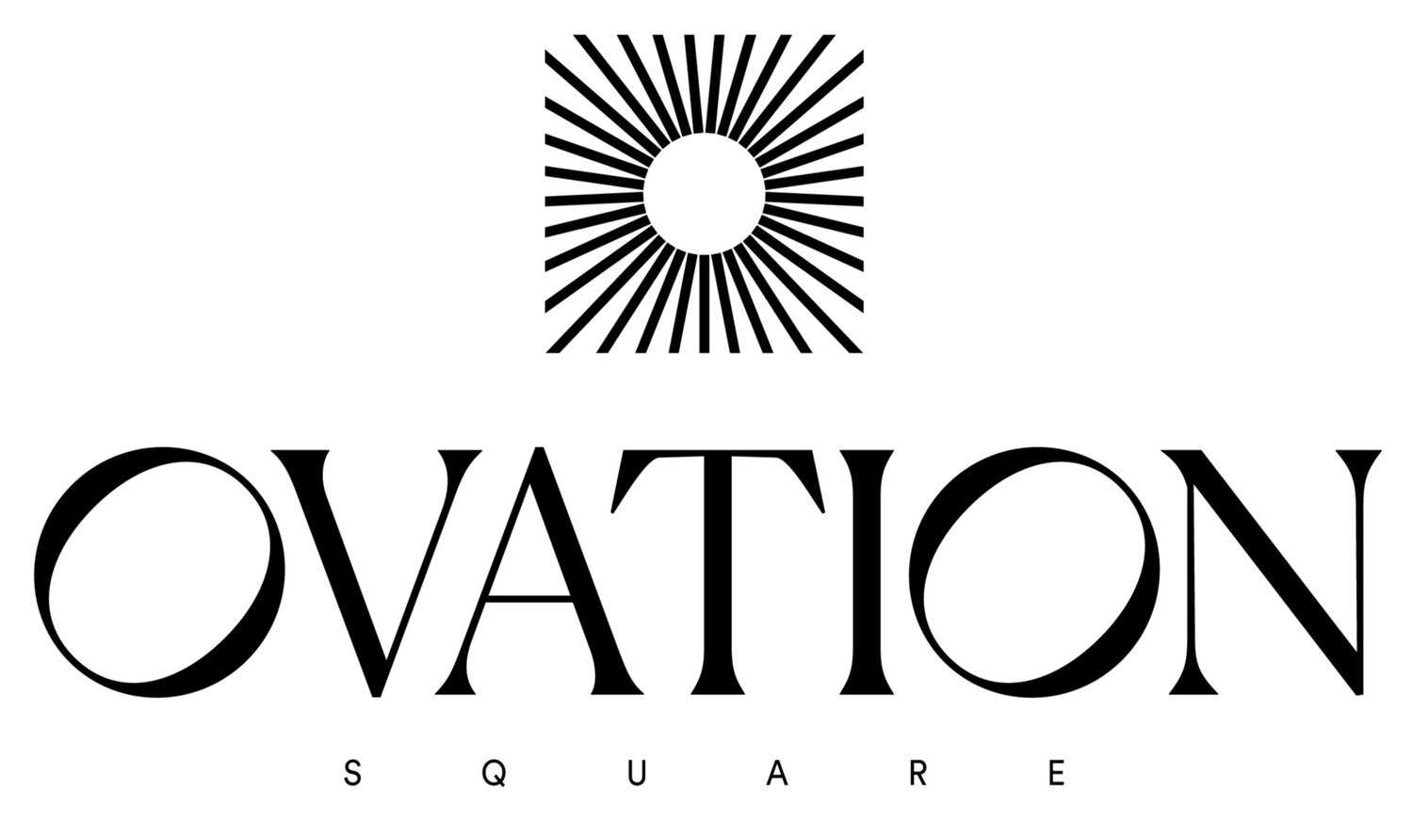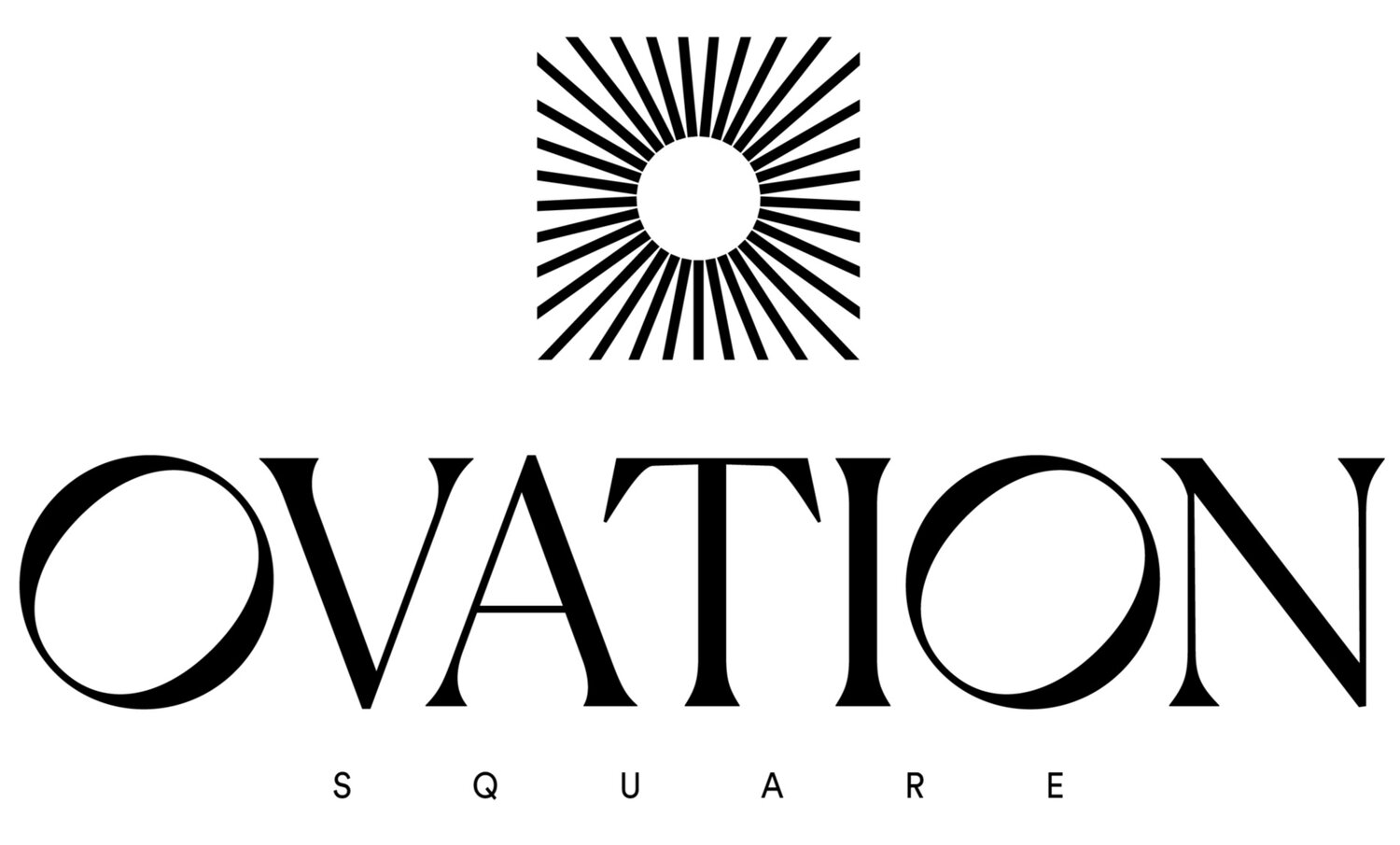Differences Between Event Planning & Coordinating
Event planning and coordinating are two distinct roles that work together to ensure a successful event. While the terms are often used interchangeably, there are key differences between an event planner and an event coordinator. In this article, we’ll explore the differences between the two roles, as well as the unique responsibilities and skills required for each.
Event Planner vs. Event Coordinator
The primary difference between an event planner and an event coordinator is the scope of their responsibilities. An event planner typically oversees the entire planning process, from initial concept development to execution, while an event coordinator focuses on the logistics of the event itself. In other words, an event planner is responsible for the big picture, while an event coordinator handles the details.
Responsibilities of an Event Planner
The responsibilities of an event planner can vary widely depending on the type of event and the scope of the project. In general, however, an event planner is responsible for the following:
Concept Development: The event planner is responsible for creating the initial concept and vision for the event, based on the client’s goals and objectives.
Budgeting: The event planner creates a detailed budget that outlines all expenses associated with the event, from venue rentals to catering and decor.
Venue Selection: The event planner works with the client to identify and book an appropriate event venue that meets their needs and budget.
Vendor Selection: The event planner is responsible for selecting and coordinating with all vendors involved in the event, including caterers, decorators, musicians, and photographers.
Marketing and Promotion: The event planner creates and implements a marketing and promotion plan to ensure that the event is well-attended and successful.
Responsibilities of an Event Coordinator
An event coordinator is responsible for the logistics of the event itself. This includes the following:
Vendor Coordination: The event coordinator works closely with all vendors to ensure that they arrive on time, set up their equipment, and provide the necessary services.
Event Setup: The event coordinator is responsible for overseeing the setup of the event, including t placement of tables, chairs, and decor.
Guest Management: The event coordinator is responsible for ensuring that guests are greeted and seated appropriately and that all guest needs are met throughout the event.
Problem-Solving: The event coordinator is responsible for troubleshooting any issues that arise during the event, such as technical difficulties or unexpected changes in the schedule.
Event Breakdown: The event coordinator oversees the breakdown and cleanup of the event, ensuring that all vendors leave the venue in good condition.
Conclusion
Event planning and coordinating are both essential components of a successful event. While the event planner is responsible for the overall vision and budget of the event, the event coordinator handles the logistics and details of the event itself. By working together, these two roles ensure that the event runs smoothly and meets the client’s objectives.
Whether you’re planning a corporate event, a wedding, or a social gathering, it’s important to work with experienced event management experts who can help you navigate the complexities of event planning and coordinating. With the right team in place, you can create a memorable event that exceeds your expectations and leaves a lasting impression on your guests. Don’t forget to consider venue rentals, such as a corporate event venue or social event venue, to ensure the success of your event.
Frequently Asked Questions (FAQs)
Q: What is the main difference between an event planner and an event coordinator?
A: An event planner is responsible for conceptualizing and designing the event, while an event coordinator is responsible for managing and executing the logistics of the event.
Q: Can an event coordinator also be an event planner?
A: Yes, it is possible for one person to take on both roles of event planner and coordinator, although it depends on the size and complexity of the event.
Q: Do event planners and coordinators work together?
A: Yes, event planners and coordinators often work together to ensure that an event runs smoothly. The planner focuses on the overall vision and design of the event, while the coordinator manages the details and logistics.
Q: Do I need both an event planner and an event coordinator for my event?
A: It depends on the size and complexity of the event. For smaller events, one person may be able to handle both roles. However, for larger events, it is often helpful to have both an event planner and coordinator to ensure that everything runs smoothly.
Q: How can I decide whether I need an event planner or an event coordinator?
A: If you need help with designing and conceptualizing the event, you may need an event planner. If you need help with managing the logistics and details of the event, you may need an event coordinator. It's also important to consider the size and complexity of the event when making this decision.


